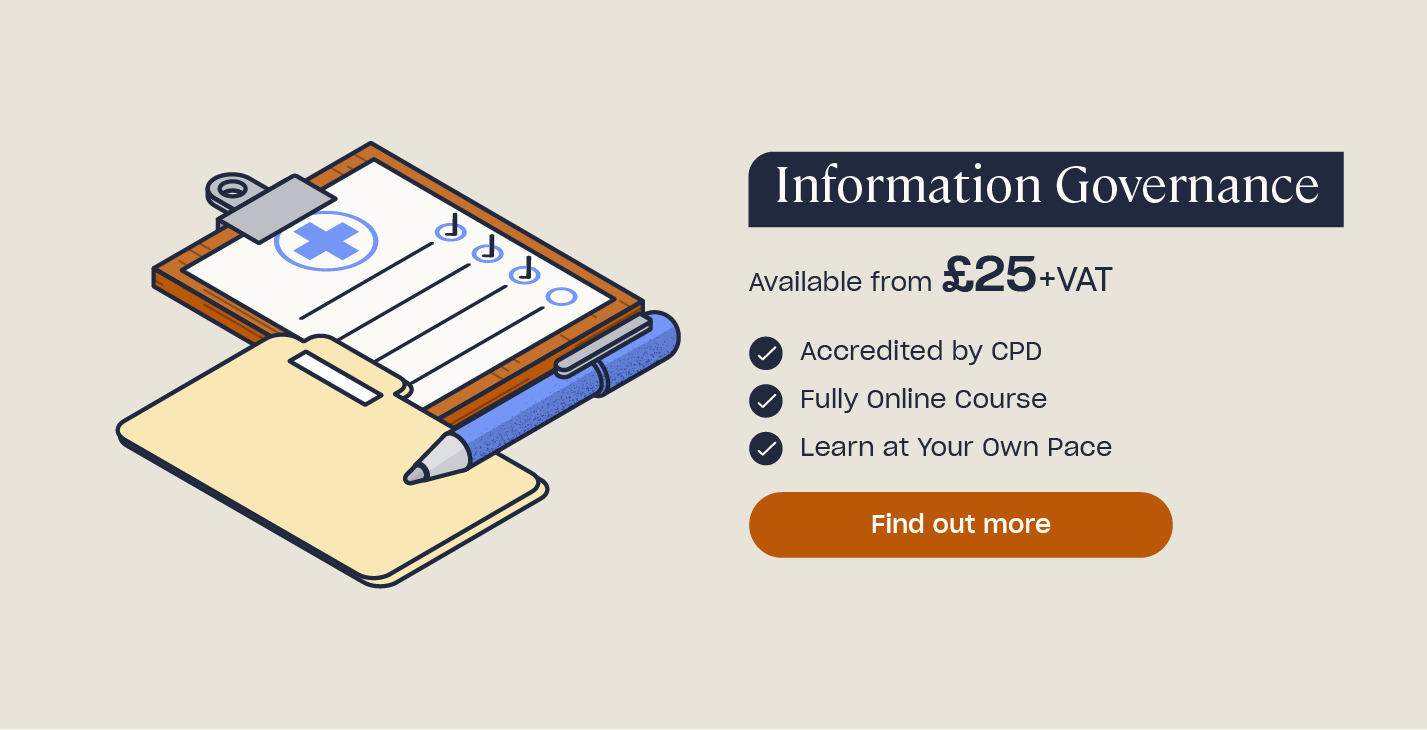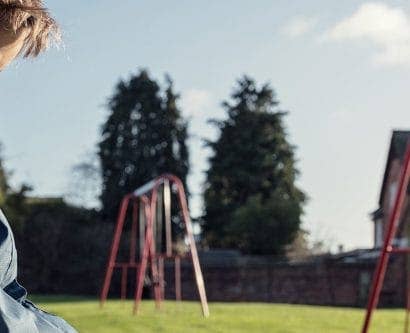Confidentiality in Childcare
We all deserve to have our personal details kept safe and treated with respect, and this applies equally to children and their families as well as other adults. Anyone who works in a childcare setting knows that confidentiality is important and that there are legal requirements as well as moral ones for keeping sensitive information secure. In this article, we’ll explain what we mean by confidentiality in childcare, why confidentiality in childcare is important and how to maintain confidentiality in childcare with thorough policies and procedures.
What is Confidentiality in Childcare?
Confidentiality refers to keeping sensitive, personal information private and secure. This means not disclosing personal information to people who don’t need to know it, preventing unauthorised access to private information and not using, sharing or disclosing someone’s information without their consent.
In terms of confidentiality in childcare, confidentiality is an agreement between members of staff, health and social care professionals, children and their families. We all have personal information – even children – and we all have a right to privacy. Therefore, you have an important role to play in keeping sensitive information private and only sharing it when absolutely necessary.
In childcare settings, confidential personal information is anything about a child or their family that could be considered ‘sensitive’. Legally, personal information is anything that relates to an identifiable person, isn’t common knowledge, and that would cause the person damage, harm or distress if it was disclosed without consent.

For children and families examples of personal information that you should keep confidential include:
- The child’s name, address and contact details.
- Registration forms or contracts.
- The parents’ or carers’ names and contact information.
- Parental consent forms.
- Information about a child’s health, disabilities or wellbeing.
- Details about a child’s development or educational needs.
- Notes containing child protection or welfare concerns.
- Accident and incident records.
- A child’s medical history.
- Photographs of the child.
Why is Confidentiality Important in Childcare?
Confidentiality is important in childcare because not only do you have a duty of care towards the children you look after, but you are also responsible for legal compliance. We all have a legal right to privacy under Article 8 of the Human Rights Act 1988 which establishes ‘the right to respect for your private and family life’. To help uphold this right, you must keep children’s information confidential and only share it when absolutely necessary.

You also have a legal duty to keep a child’s information confidential under the Data Protection Act 2018. This law requires all settings to:
- Keep personal information safe and secure.
- Protect personal information from misuse.
- Process personal information securely and confidentially.
- Give people control over the use of their personal data (ask for consent).
Alongside legal reasons, confidentiality in childcare is essential because it establishes trust between parents, children and childcare workers. If parents and carers can trust that their child’s information will be kept secure, then they’re more likely to trust you and your setting with important information and less likely to withhold details from you.
How to Maintain Confidentiality in Childcare
To maintain confidentiality in childcare, you must take into account the following:
- Only share personal information with third parties when you have the consent and formal permission from the child’s parents or carers or, where appropriate, the child. Information can only be shared without consent in emergency situations.
- When keeping records about a child, whether digital or on paper, the personal information recorded must be accurate and factual. Avoid vague language, judgmental comments or opinions.
- Ensure parents and carers are informed about which personal information you need about them and their children, what you’ll be using it for and how you’ll keep it safe and confidential.
- Personal information should only be shared on a ‘need to know’ basis, i.e. only with people directly involved in the child’s care.
- When talking to a parent, carer, child or adult involved in the child’s care about sensitive topics, or when requesting personal information verbally, hold the discussion in a private space where you cannot be overheard.
- Parents have a legal right to see what has been written about their child and make an access request to see their files. However, if the child’s files contain confidential information about other people, then these people must be asked for consent before you can share the file.
- Your setting must have robust data protection and GDPR policies and procedures in place for all types of confidential information, whether digital or paper. This includes clear guidance on obtaining, storing, sharing and deleting personal information,
- All members of staff in your childcare setting need to be trained in confidentiality, your setting’s policies and procedures and their responsibilities. Everyone must understand how to handle confidential information and how to keep it secure.
Looking to Learn More?
Everyone working in a childcare setting should understand the importance of confidentiality, data security and how to handle personal information about the children and families they work with. Our online GDPR Training, Data Protection Training, Cyber Security and Information Governance courses will ensure you and your staff members have all the necessary knowledge to act responsibly and legally.
When Can Child Confidentiality be Breached?
The law states that personal information must be kept confidential and, for childcare practitioners, confidentiality in childcare is an essential part of the role. However, there are certain situations when confidentiality can be breached and parental consent is not needed to disclose information.
The Children Act 2004 says that childcare professionals must share information about a child if:
- There are immediate concerns about a child’s physical or mental health.
- The child is being exposed to harm or is at risk of harm.
- Parental needs mean that the child cannot be looked after properly.
Confidentiality should always be set aside if there is an immediate risk of harm to the child, yourself or someone else. This is also the case if the child is at risk of being involved in criminal activity. In these situations, consent to share personal information is not required as the child’s immediate welfare is more important.
Confidentiality Policy in Childcare
A confidentiality policy in childcare is used to clearly outline the procedure for collecting, storing and sharing personal information. It should be communicated to all members of staff, parents and carers, so that everyone understands what their responsibilities are.
Your childcare setting should also have a separate data protection policy and safeguarding policy that reference confidentiality and information sharing.
A confidentiality policy in childcare should cover:
- What types of personal information your setting holds.
- Where you will store personal information and how you will keep it secure, e.g. a locked cabinet, password protection, etc.
- Who the personal information will be shared with.
- How parents can access information about their child held by the setting.
- The procedure for unauthorised breaches of confidentiality.
- An explanation of when personal information will be shared in case of emergency.
- Who has overall responsibility for data protection in the setting.
- How staff members will be trained in confidentiality procedures.
Confidentiality in childcare is essential for upholding legal rights, data protection compliance and child wellbeing. All personal information that’s shared with your setting must be kept private and secure, and this can be done by following a robust confidentiality policy. Everyone must understand their responsibilities and recognise what they should be doing to maintain and respect the confidentiality of the children and families they work with.
Further Resources:
- Information Governance Training
- Whistleblowing in Schools: Policy and Procedure
- Creating a Safeguarding Policy – Example Template for Schools
- Keeping Children Safe in Education: Key Changes











